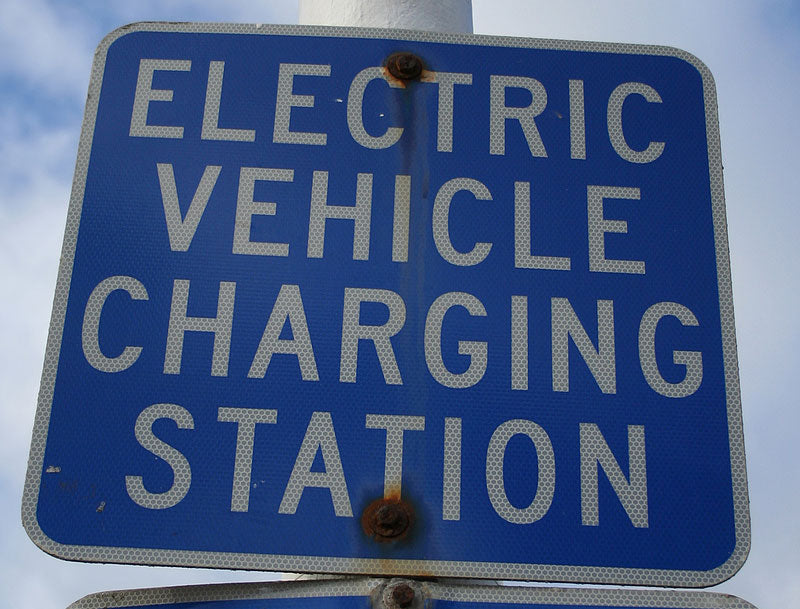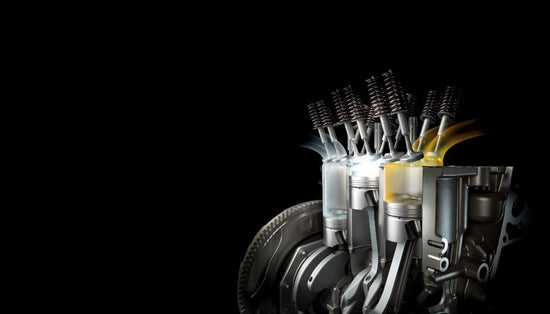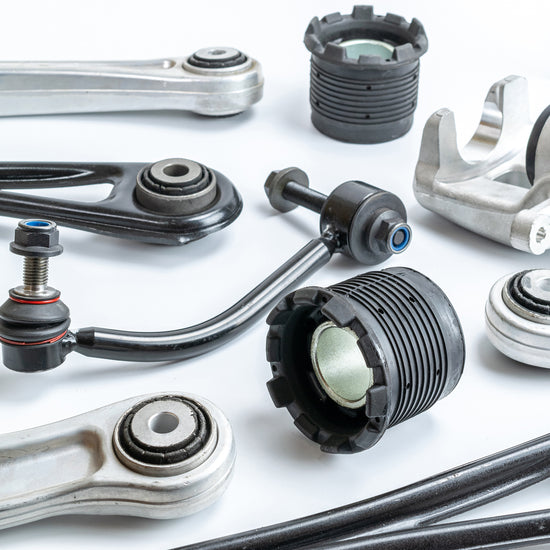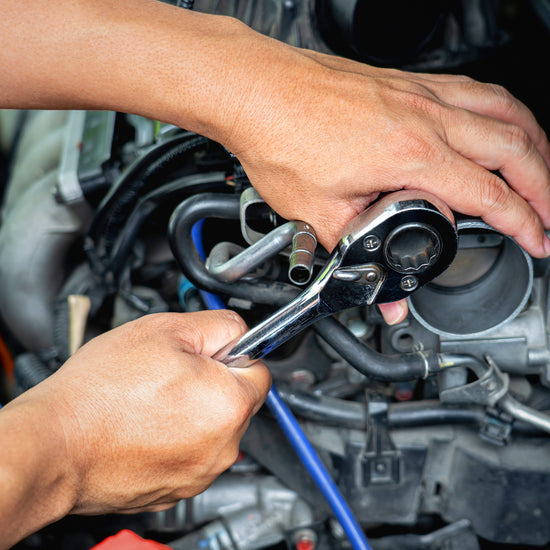Lowering carbon emissions is essential for everyone, but especially those of us who drive motor vehicles. Every day, in the media or on our roads, we’re reminded that switching to an electric vehicle (EV) will result in a greener, more sustainable future.
But is that the case?
Do electric cars release few emissions?
On a day-to-day basis, there’s no doubt electric cars emit less carbon than diesel vehicles. Dig a little deeper; the carbon costs of sourcing materials and manufacturing electric vehicles paints a different picture.
In fact, it’s possible EVs might be worse for the environment.
The reality behind “zero emission” electric vehicles.
In a recent TED talk by Nicolas Tetrault, he argued that electric vehicles are not as carbon-free as we might think. If we only count carbon emissions from zero at the point of sale, electric do perform better than fossil fuel powered vehicles:

Image: @nicolastetrault
But this isn’t the whole story.
Cars don’t just magically appear in the dealership. A lot of carbon is emitted in the mining materials, manufacturing the vehicle and shipping them worldwide to their final destinations. Also, making a battery isn’t easy. The materials are harder to find, and powering the cell uses a lot of energy.
So, when we include those factors, here’s how those figures change:

Image: @nicolastetrault
By the time the car reaches the showroom, a conventional vehicle will have emitted around 6 tons of CO2, compared to the 12 tons created by the electric vehicle. And it’ll take around 90,000 miles of driving before the electric car becomes a greener alternative to a gas guzzler.
Again, however, this isn’t the whole picture.
In the examples above, the conventional vehicle has a 400-mile range, while the EV has a 125-mile range.
And when you compare like-for-like, the picture changes dramatically:

Image: @nicolastetrault
An electric car that could handle a 400-mile range would need a larger battery, taking the carbon emissions way over its conventional counterpart over its lifetime.
Is it better to repair and replace than upgrade?
We’re not anti-electric. We take sustainability incredibly seriously. And there are many reasons to switch to an electric vehicle. But until sourcing and manufacturing EVs emit less carbon, it’s better for your pocket – and more sustainable for the planet – to repair and replace parts of your current vehicle than to look at purchasing an electric car.
Have a chat with Approved Engines.
If you want to repair and replace parts to ensure your engine runs smoothly – speak to Approved Engines.
With over two decades of industry experience, Approved Engines is a trusted provider of reconditioned engines for vehicles of all makes and models. Plus, every engine we sell comes with a 12-month/12,000 miles or 6-month/6,000 miles warranty.
To find out more, get in touch.







